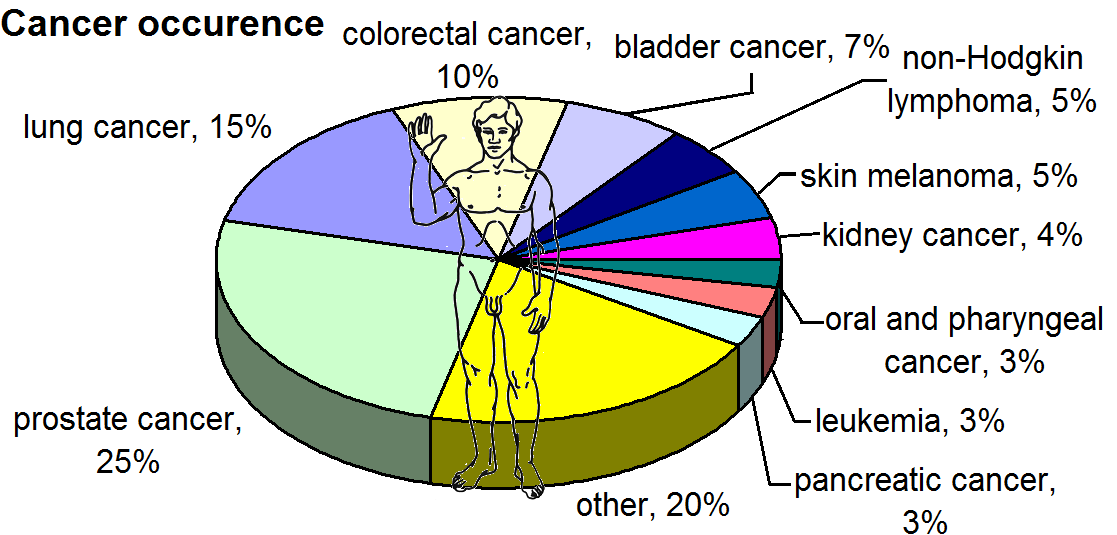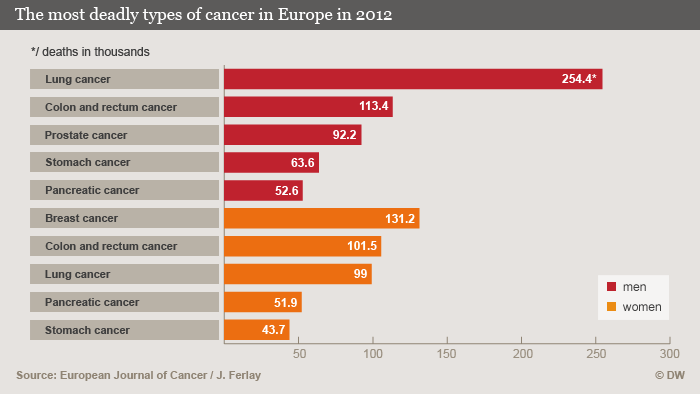
Androgens create agression by downregulating inhibitory serotonin receptors
Since serotonin is one of the cornerstones of neurogenesis in the brain, this reduces neuroplasticity, and with certain overly potent steroids even becomes neurotoxic
Since serotonin is one of the cornerstones of neurogenesis in the brain, this reduces neuroplasticity, and with certain overly potent steroids even becomes neurotoxic
This is balanced out by estrogen, which has a protective effect on the brain and maintains a good level of serotonin signalling
"Roid rage" is actually caused by excess androgen activation overstimulating adrenaline, without enough estrogen and serotonin to keep things balanced
"Roid rage" is actually caused by excess androgen activation overstimulating adrenaline, without enough estrogen and serotonin to keep things balanced
The research we have on testosterone actually suggested it's not really inherently agressive
In some studies men with higher testosterone handle threats more harshly, but they also work well with others, and give out more generous rewards for others' acheivements
In some studies men with higher testosterone handle threats more harshly, but they also work well with others, and give out more generous rewards for others' acheivements
In steroid users (an extreme example of high androgen activity), we see that "roid rage" doesn't occur in every individual
It seems to stem more from other factors like serotonin, GABA, estrogen, etc, and how they modulate and prevent the side effects from high androgen levels
It seems to stem more from other factors like serotonin, GABA, estrogen, etc, and how they modulate and prevent the side effects from high androgen levels
This is why I've said before that the ratio of estrogen to testosterone plays as much of a role as the level of either hormone on its own
Most men think estrogen is evil, when in reality it's keeping them from suffering brain damage and horrible mood swings
Most men think estrogen is evil, when in reality it's keeping them from suffering brain damage and horrible mood swings
The estrogen receptors are even one of the key anabolic pathways in the body!
If you don't believe me take a potent pharmaceutical estrogen inhibitor and see how your mentality and physique fares, it won't end well
If you don't believe me take a potent pharmaceutical estrogen inhibitor and see how your mentality and physique fares, it won't end well
Hormone health really comes down to balance more than maxxing out a particular pathway
Testosterone is a direct proxy for health in men, and as long as you don't have excessive aromatase activity, estrogen level should be naturally stay a good level to balance it
Testosterone is a direct proxy for health in men, and as long as you don't have excessive aromatase activity, estrogen level should be naturally stay a good level to balance it
Focus on:
- training hard
- maintining a good body fat %
- getting plenty of sleep
- eating nutrient-dense food with plenty of magnesium and zinc
- getting plenty of sun exposure
- achieving your goals
Good hormone balance will follow
- training hard
- maintining a good body fat %
- getting plenty of sleep
- eating nutrient-dense food with plenty of magnesium and zinc
- getting plenty of sun exposure
- achieving your goals
Good hormone balance will follow
• • •
Missing some Tweet in this thread? You can try to
force a refresh





